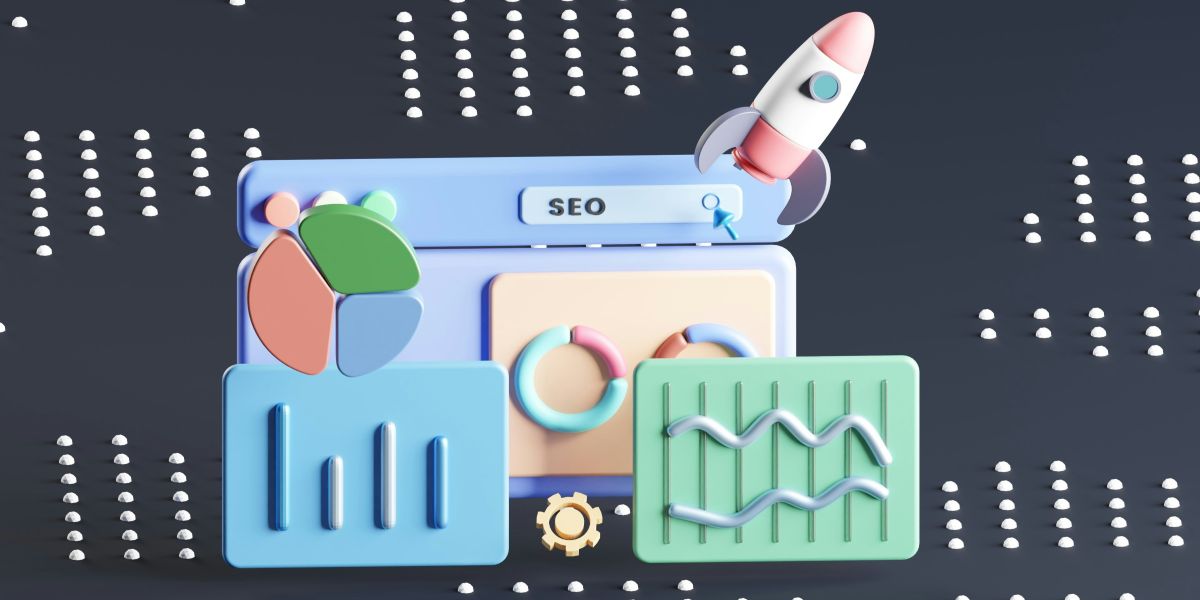How to Maximize Your Work-Life Balance
Achieving a healthy work-life balance is something many individuals strive for but often find difficult to achieve. With the demands of work, family, and personal commitments, it can be challenging to create boundaries that allow for both professional success and personal fulfillment. However, work-life balance is essential for long-term health, productivity, and happiness. This article explores practical strategies to help you maximize your work-life balance and lead a more balanced life.
Read Also: Capture the Sky: Using Drones for Artistic Projects
Why is Work-Life Balance Important?
Maintaining a healthy work-life balance is not just about managing your time more efficiently—it’s about improving your overall well-being. Striking a balance between work and personal life has several benefits:
Reduced Stress
When work and personal life are well-balanced, stress levels are significantly reduced. Constantly juggling tasks without adequate time for rest can lead to burnout, anxiety, and exhaustion. A healthy balance allows you to recharge and approach tasks with a clear mind.
Increased Productivity
Ironically, working too much can decrease productivity. When you make time for personal activities, your focus and energy are renewed, leading to more efficient and effective work during office hours. Taking breaks, getting enough sleep, and having time for leisure activities can help you perform better at work.
Better Physical and Mental Health
Chronic stress can negatively impact both your physical and mental health. Poor work-life balance is often associated with burnout, sleep deprivation, and even conditions like depression and anxiety. By managing your time well, you can improve your emotional well-being and reduce the risk of illness.
Improved Relationships
Maintaining strong personal relationships requires time and attention. A good work-life balance allows you to nurture your relationships with family, friends, and loved ones, strengthening bonds and providing emotional support.
Practical Strategies to Maximize Work-Life Balance
While the concept of work-life balance can seem overwhelming, implementing small, manageable strategies can make a significant difference. Here are some practical tips to help you find balance in your life:
1. Set Clear Boundaries Between Work and Personal Life
One of the biggest challenges in maintaining a healthy work-life balance is separating work from personal life. Set clear boundaries for when your workday begins and ends. For example, avoid checking work emails or taking work calls once you’re off the clock. This helps create a mental distinction between work time and personal time.
Additionally, consider establishing specific areas of your home for work and leisure. This physical separation can help you “switch off” from work once your day is over.
2. Prioritize Time Management
Effective time management is essential for achieving a work-life balance. By organizing your day and prioritizing tasks, you can ensure that both your professional and personal responsibilities are given the attention they need.
Consider using time-blocking techniques, where you assign specific blocks of time to work tasks, meetings, and personal activities. This helps you stay organized and reduces the likelihood of overlapping commitments. It also ensures that you make time for activities outside of work, like exercise or spending time with family.
3. Learn to Say No
It can be tempting to say yes to every project or request, but overcommitting yourself can lead to burnout. Learning to say no is an important part of maintaining balance. Be mindful of your limitations, and don’t feel obligated to take on more than you can handle. Saying no will allow you to protect your personal time and ensure that you can focus on what’s most important to you.
4. Use Technology to Your Advantage
In today’s digital age, technology can help you stay organized and streamline both your professional and personal life. Use apps that help you manage tasks, schedules, and communications. Set reminders for important deadlines and family events to stay on top of both work and personal commitments.
However, it’s important to avoid over-relying on technology. Consider setting “tech-free” times during the day to disconnect and recharge. This could include designated times for meals, exercise, or family activities.
5. Make Time for Yourself
Self-care is a crucial element of work-life balance. Make sure to prioritize activities that help you relax, de-stress, and recharge. Whether it’s practicing mindfulness, engaging in hobbies, or simply taking a walk, giving yourself time to unwind is essential for your overall well-being.
Additionally, take regular breaks throughout the workday to avoid burnout. Even short breaks can help you clear your mind and improve your focus when you return to tasks.
6. Delegate Tasks When Possible
Trying to do everything yourself can be overwhelming. In both your professional and personal life, look for opportunities to delegate tasks. At work, this might mean asking for help with certain projects or trusting others to handle routine responsibilities. At home, share household duties with family members or consider outsourcing tasks like cleaning or grocery shopping.
By delegating, you create more space in your schedule to focus on higher-priority tasks and enjoy your personal time.
7. Set Realistic Goals
It’s important to set achievable goals that align with your values and priorities. Whether it’s in your career or personal life, having clear, realistic goals will keep you motivated and focused. Break down large tasks into smaller, manageable steps to avoid feeling overwhelmed.
By setting meaningful goals, you can balance work responsibilities with personal aspirations and ensure that you are making progress in both areas of your life.
Read Also: Deep-Fried Wonders and Quirky Contests: Welcome to the Wild World of State Fairs
Achieving a Healthy Work-Life Balance
Maximizing your work-life balance is not about achieving perfection—it’s about finding harmony between your professional responsibilities and personal life. By setting boundaries, managing time effectively, and making self-care a priority, you can enjoy a more fulfilling and less stressful life.
Achieving balance is a dynamic process that requires constant adjustment. As life changes and new challenges arise, it’s important to revisit your strategies and make the necessary modifications to maintain your work-life balance.
With these practical strategies, you can build a healthier, more productive lifestyle that supports both your career and personal well-being.








